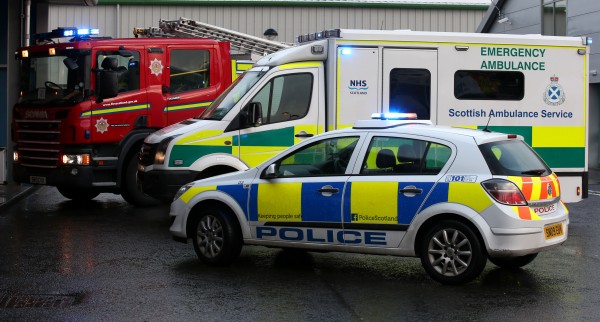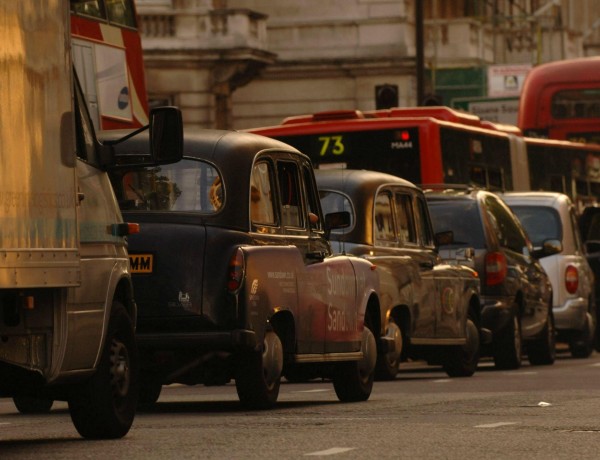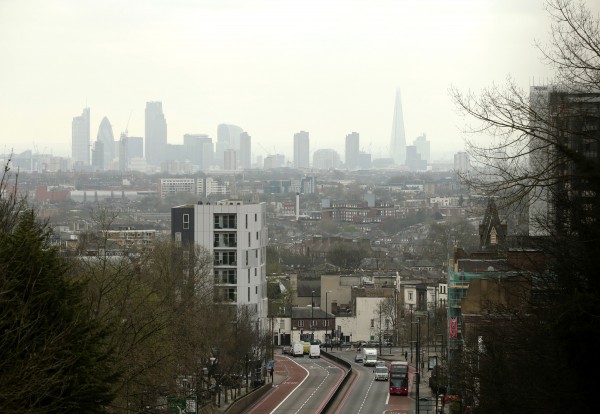Diesel explained: Why oil-burners aren't all that bad
Diesel has been in the news for all the wrong reasons – but is it as bad as it seems?

In recent weeks diesel-powered cars, trucks, vans and taxis have been getting a very bad press.
With the introduction of a £20-a-day diesel charge for London by 2019, a lot of people are concerned.
People who own older diesel-powered vehicles are unlikely to have the latest emission technology fitted, and in some cases, don’t have particulate filters fitted either.
These are the drivers who will be affected most by the changing regulations on diesel, because although economical, their vehicles will churn out more nitrogen oxides (NOx) than newer models.
The government are in talks about re-introducing a scrappage scheme for older diesels.
However that is little comfort to drivers who own a diesel that’s over ten years old and cannot afford to buy a new car, or people who use their older diesel for business, such as taxi drivers.
What’s the counter argument?

According to the Society of Motor Manufacturers & Traders (SMMT) there are some facts people should know about diesel.
For a start many of our most necessary vehicles are diesel-powered, from police cars and ambulances to fire engines and even military Land Rovers, attracted by impressive fuel economy.
In fact around 99 per cent of the 4.4 million commercial vehicles in the UK run on diesel, traveling around 61 billion miles every year, meaning that diesel is actually fundamental to our way of life.
Venture into London for example, and you’ll see just about every Uber or black cab runs on diesel because fewer stops between the pumps means more time to pick up passengers.
Since 2016 a staggering 1.3 million diesels have been registered in the UK. That’s almost one in two vehicles on our roads.
Gradually over the last 20 years, diesels have been getting greener and greener, and with the latest Euro 6 laws on emissions, many diesels are so clean that they don’t even qualify for the congestion charge in London.
How are new diesels more efficient?

The SMMT says on average, diesels emit 20 per cent less CO2 than similar petrol-powered cars, and since 2002 have saved 3.5 million tonnes of CO2 entering our atmosphere.
Many modern diesels have a plethora of clever technology fitted to them to keep our air clean. Particulate filters (DPF) which have been fitted to all diesels since 2011, are a prime example, with half of all diesels on the road having them.
These work to collect the soot particles that come out of the exhaust and actually remove 99 per cent of them.
Other technology contained in the latest Euro 6 generation diesel powered vehicles converts NOx (Nitrogen Oxides) into harmless nitrogen and water before it leaves the exhaust pipe.
This sort of technology is actually working to decrease pollution in urban areas – in London-cars are only responsible for 11 per cent of NOx, with a majority of it actually being caused by the gas that heats our homes.
Mike Hawes, Chief Executive of SMMT said: “Euro 6 diesel cars on sale today are the cleanest in history. Not only have they drastically reduced or banished particulates, sulphur and carbon monoxide but they also emit vastly lower NOx than their older counterparts – a fact recognised by London in their exemption from the Ultra Low Emission Zone that will come into force in 2019.
“Some recent reports have failed to differentiate between these much cleaner cars and vehicles of the past. This is unfair and dismissive of progress made.”
How are regulations changing?

New measures coming into place to ensure that diesels are as clean and efficient as possible will begin from September this year.
Official EU-wide testing will see cars tested in on-road conditions for the first time, to better reflect real-world driving, such as that on a motorway and stop start traffic, such as rush hour in a city.
To answer the question, should people be worried, the answer is yes and no. If you buy a new Euro 6 diesel or even a Euro 5 spec, you are much less likely to incur the charges from 2019 onwards.
However if you own a much older car, these are not aided by any particulate filters or clever emission saving technology and therefore fall within the charge bracket.
By Aidan Rennie-Jones





